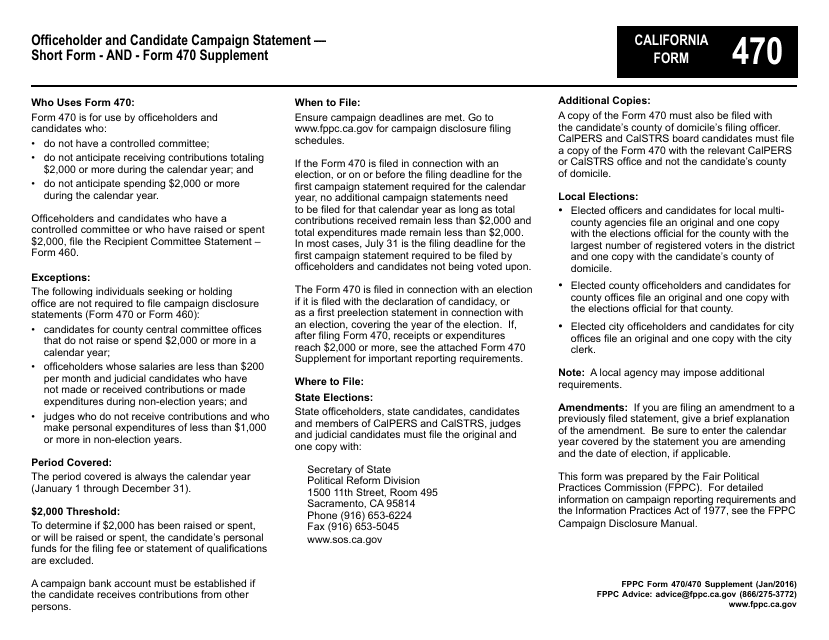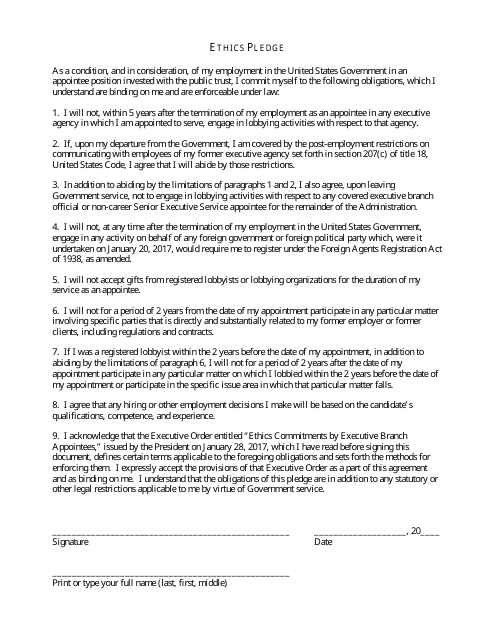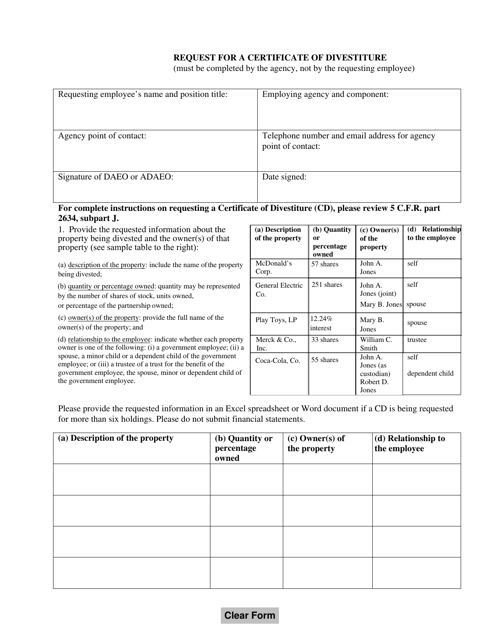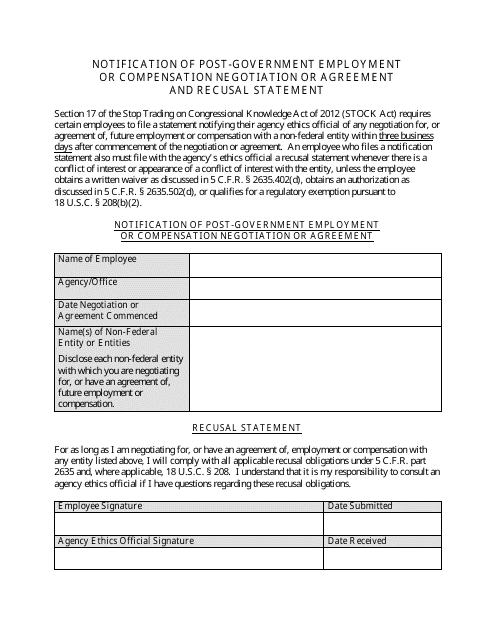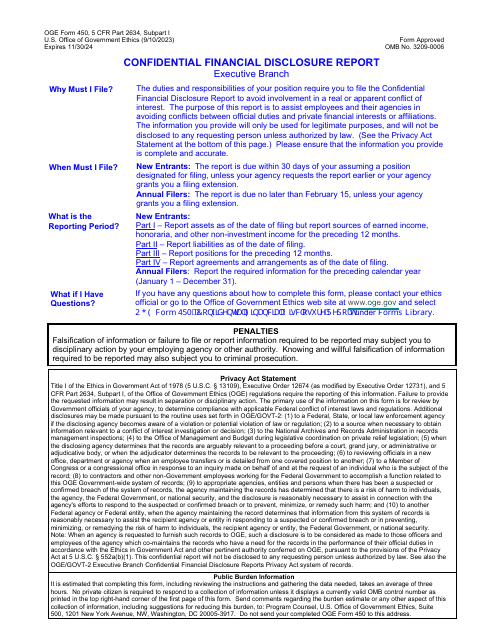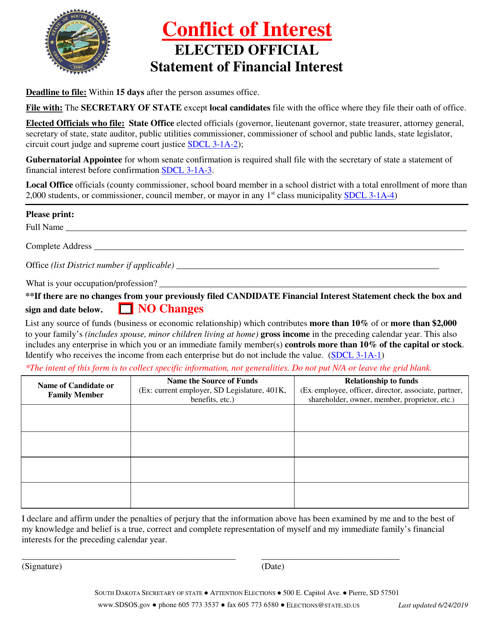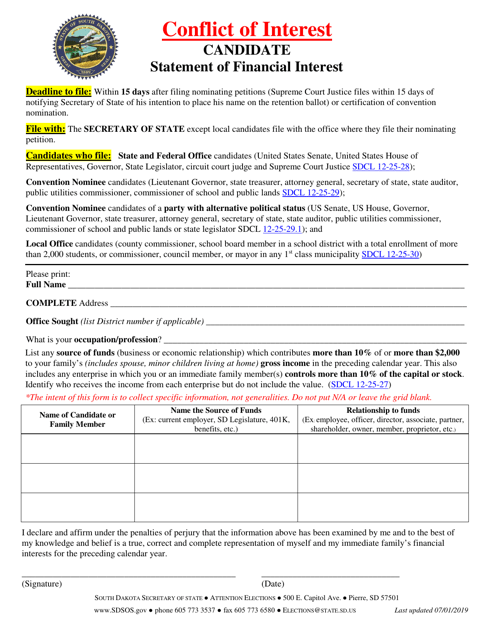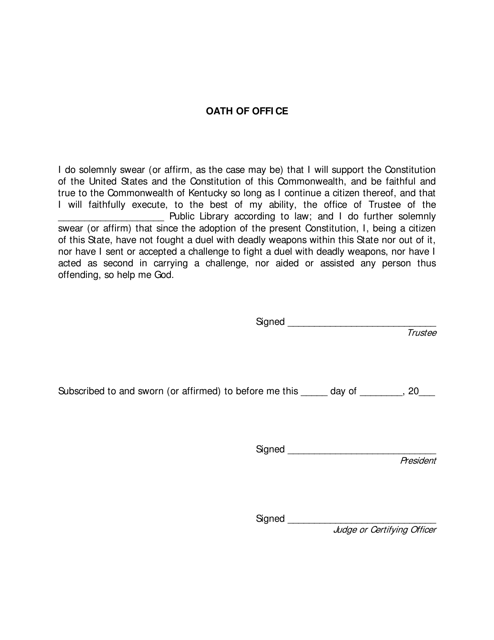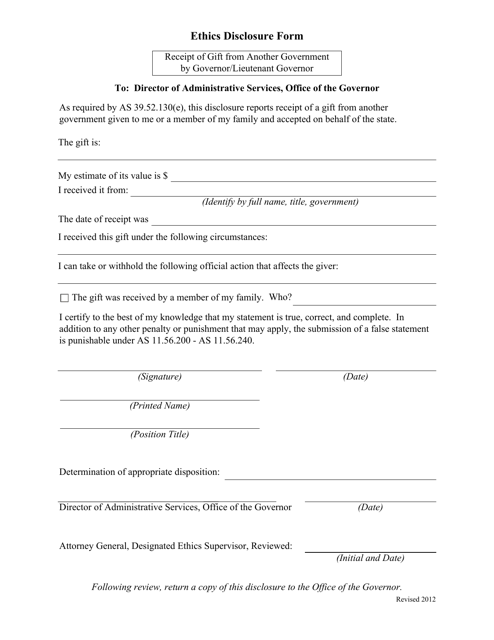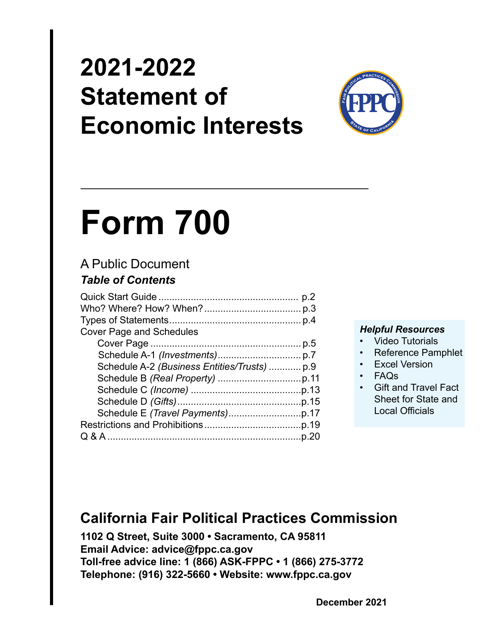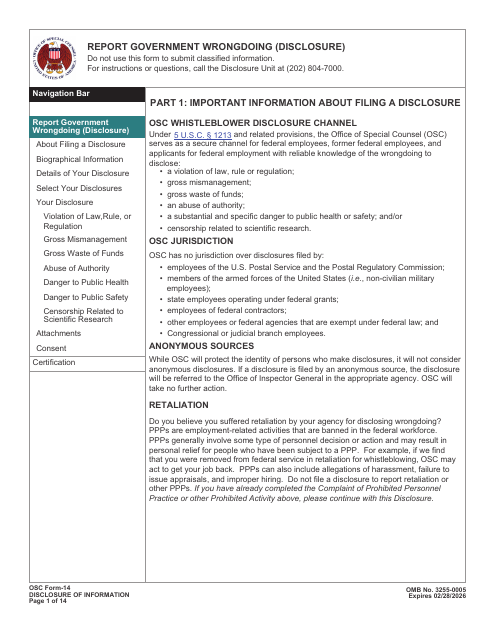Government Ethics Templates
Government Ethics - Ensuring Transparency and Integrity in Public Service
In every democratic society, government officials play a crucial role in shaping policies, making decisions, and serving the public interest. However, to maintain the trust and confidence of citizens, it is essential to uphold the highest standards of ethical conduct. The collection of documents in the Government Ethics group serves as a comprehensive guide to ensure transparency, integrity, and accountability in public service.
These documents outline guidelines and regulations that government officials must adhere to, promoting fairness, honesty, and impartiality in their actions. They provide a framework for ethical behavior by addressing key areas such as financial disclosure, conflict of interest, and post-government employment.
One such document is the Ethics Pledge Format (Executive Order 13770), which sets forth a commitment from government officials to uphold ethical standards. By signing this pledge, officials affirm their dedication to public service and promise to act in the best interest of the public, free from personal gain or bias.
Another document in this collection is the Notification of Post-government Employment or Compensation Negotiation or Agreement and Recusal Statement. This document ensures transparency by requiring government officials to disclose any negotiations or agreements for employment or compensation with entities affected by their current position. It also mandates the recusal of officials from any decisions that could present a conflict of interest.
The collection also includes specific documents tailored to individual states, such as the Elected Official Statement of Financial Interest and Candidate Financial Interest Statement from South Dakota. These documents require officials and candidates to disclose their financial interests, providing transparency and allowing the public to assess any potential conflicts of interest.
Lastly, the Oath of Office document, as required in Kentucky, emphasizes the commitment of government officials to uphold the constitution and faithfully discharge their duties.
These diverse documents within the Government Ethics group play a vital role in establishing and maintaining trust between government officials and the citizens they serve. By promoting transparency, integrity, and accountability, these documents contribute to the overall stability and fairness of our democratic systems.
Documents:
11
This document is used for filing campaign statements for officeholders and candidates in California. It is a shorter version of the FPPC Form 470.
This document establishes the format for an Ethics Pledge, as mandated by Executive Order 13770. It sets out the guidelines for ethical conduct for executive branch employees.
This document is used to notify individuals about any negotiations or agreements for employment or compensation after leaving a government position. It also includes a statement of recusal, indicating that the individual will abstain from participating in any matters that may create a conflict of interest.
This document is for elected officials in South Dakota to disclose their financial interests.
This document is used for disclosing the financial interests of candidates running for political office in South Dakota.
This document is an Oath of Office specific to the state of Kentucky. It is taken by individuals who are assuming a public office in Kentucky, affirming their commitment to uphold the duties and responsibilities of their elected or appointed position.
This form is used for disclosing any gifts received from another government by the Governor and Lieutenant Governor of Alaska.
This Form is used for reporting any financial interests or sources of income of public officials or employees in California. It helps ensure transparency and prevents conflicts of interest in government decision-making.

